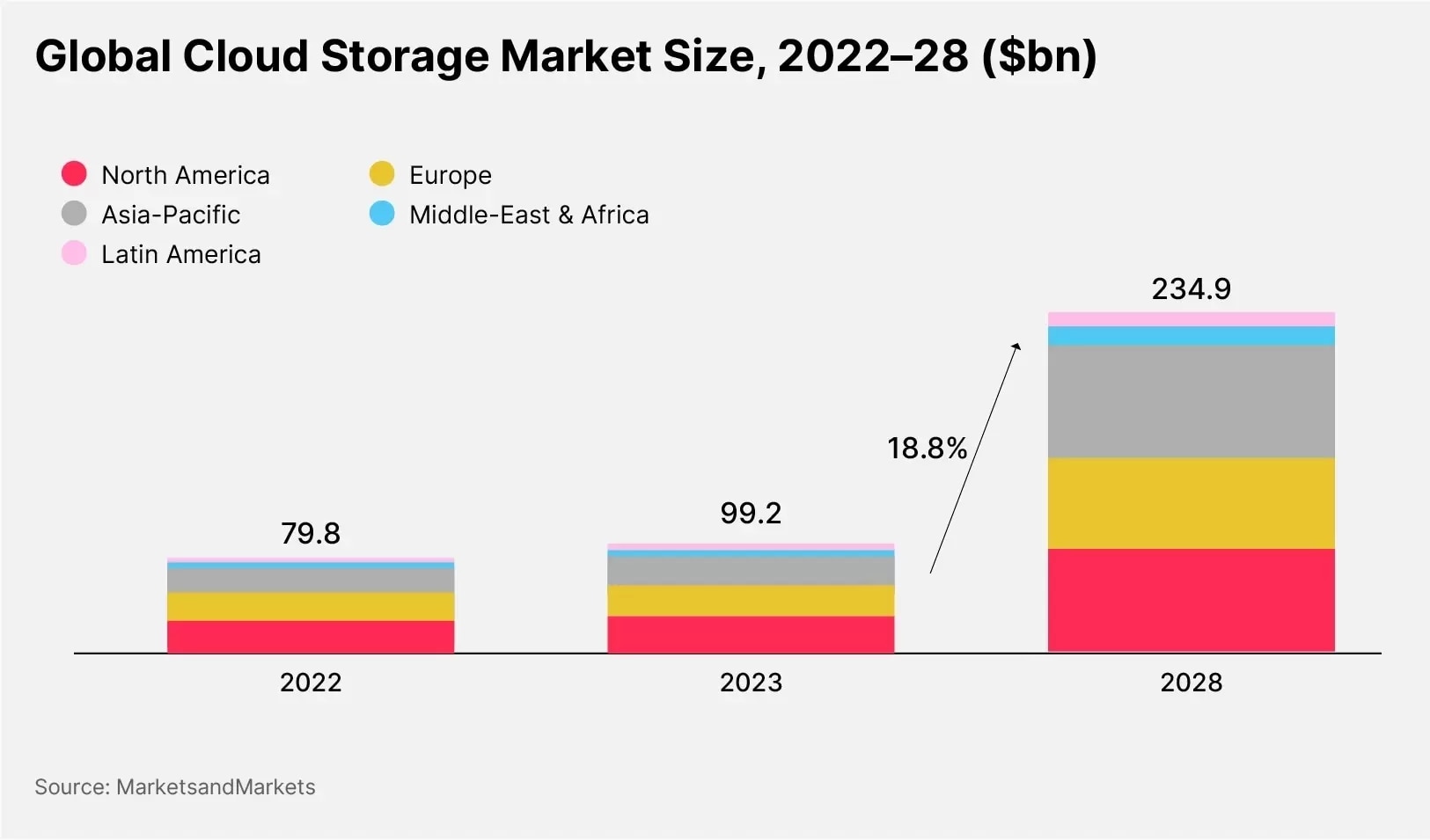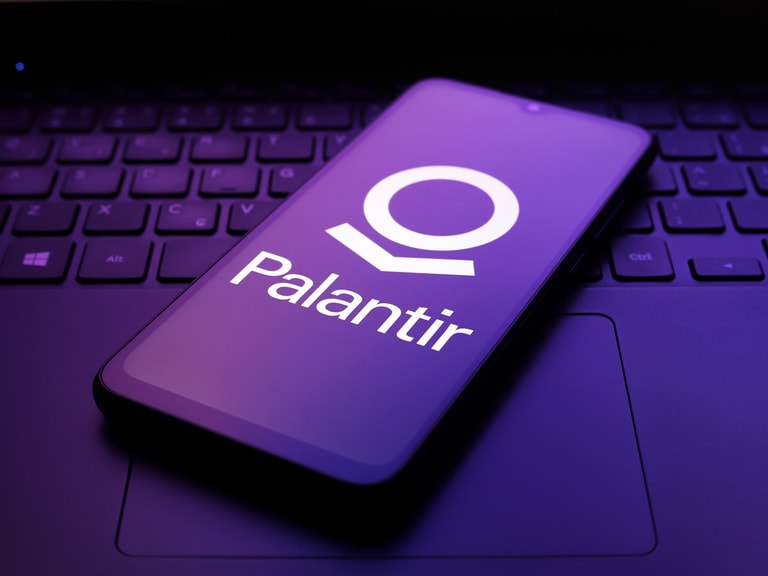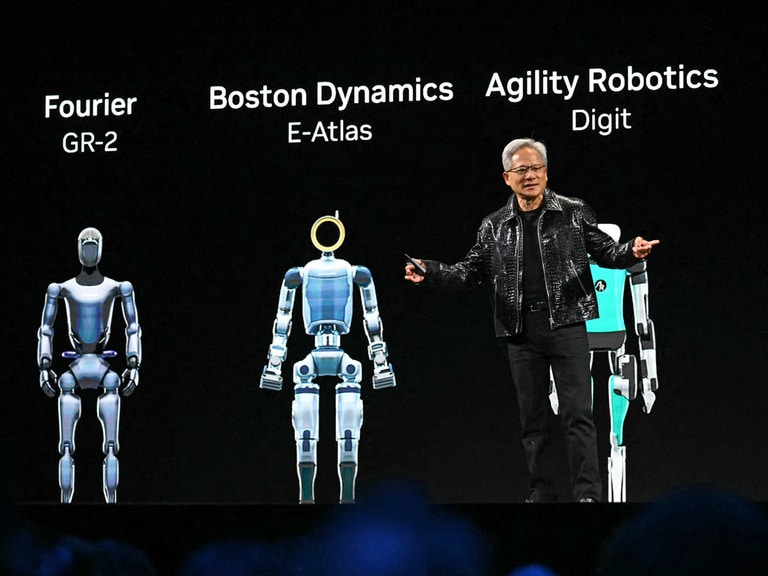The Biggest Breakthrough
Box [BOX] has been at the cutting edge of cloud-based data storage for 20 years. Now its focus is firmly on the interface between the cloud and artificial intelligence (AI), says Box CEO and Co-Founder Aaron Levie.
“AI is basically the biggest breakthrough we’ve ever seen in our space,” he tells OPTO Sessions.
In the past, companies could only analyze and summarize “structured data”, the kind stored in a database, says Levie. “Think your CRM system, your HR system.”
Another data type was missing: your own content or “unstructured data” including things like contracts, financial documents, marketing assets or HR documents. “You’ve never been able to take all that data and summarize it, ask it questions, synthesize that data or get new insights.”
Levie estimates that, in any enterprise, only 10% of data is structured, with an overwhelming 90% unstructured. “This is your gigabytes, or terabytes, of contract data inside an organization. AI, for the first time, lets us analyze that information, structure it, pull out the data that makes it more valuable.”
The central proposition for customers is simple: “What if you could unleash the power of your data? What if you could truly get the insights from your information to make a better decision, automate a workflow, be able to grow faster, find areas to save money, better serve your customers and employees?”
The potential is unprecedented. “That’s what’s so exciting about this particular moment we’re in,” says Levie.

Out of the Box
Last October, Box inked a deal with Amazon [AMZN] to integrate advanced generative AI models into the BOX AI platform. Box has a history of working with Amazon, but this is their first major AI partnership.
The collaboration, says Levie, will let Box “bring the power of Bedrock, [Amazon’s] AI model platform, into the Box environment for our customers that choose to turn on these relevant models.
“If you have a lot of documents and want to be able to ask them questions, summarize information or get analytics from your content, we let you choose which AI model you want to use.”
Last year, Box also acquired Poland-based Alphamoon, which offers AI-powered document processing technology.
Levie’s penny-drop moment for AI’s potential came on the heels of ChatGPT two years ago. “We saw that, while ChatGPT is aimed at consumers, if you put any amount of text into the window and ask a question about that data, it’ll come back with a response. We realized you could do it with an entire document, or parts of many across a corpus of information…
“Box AI is this breakthrough for us — to be able to talk to your data, structure it, automate workflows, and better secure and govern your data over the long run.”
Box is launching with Amazon’s models alongside Anthropic’s generative Claude AI, which Levie says has “incredible breakthrough innovations.”
Currently, with the Enterprise Plus plan, “you get the first set of capabilities from Box AI, which is the ability to ask questions of your documents, to summarize information.” Rolling out soon is Enterprise Advanced, which will offer even more advanced AI features.
The AI Agents Are Coming
AI is clearly here to stay, but how does Levie see things evolving? “We are literally just getting started,” he says. “The ideas I’m talking about right now are going to take years to fully play out.”
The tech world is evolving at breakneck speed, something that is sometimes stressful but also exciting. “The thing that gets me continued to be fired up about this space, is every day, there’s a new AI breakthrough,” says Levie.
Snooze and you can lose, however, so swiftly responding to change is essential. He cites the example of Google announcing new AI model Gemini 2.0 Flash. “Instantly that’s an upgrade to our AI models working with text, documents or images using the Google platform.”
What about AI’s potential 5–10 years down the line? AI agents will be key, Levie predicts the widespread use of AI agents: programs and systems that can complete a task for you.
“The power of AI agents is probably the single biggest thing we should be watching out for in software,” he says. “It’s what happens when software moves from a tool you use to make your work more efficient to technology you use to get work done for you.
“Instead of me using software as a person to take data from a contract and put it into a system, those days are over. I want an AI agent to do that for me — go and automate my procurement process or my client onboarding workflow. That’s effectively where we’re going.
“Over the next 5–10 years, the companies that can deliver AI agents to execute those types of business processes and workflows in their relevant domain — those will be the ones that get ahead.”
Continue reading for FREE
- Includes free newsletter updates, unsubscribe anytime. Privacy policy





